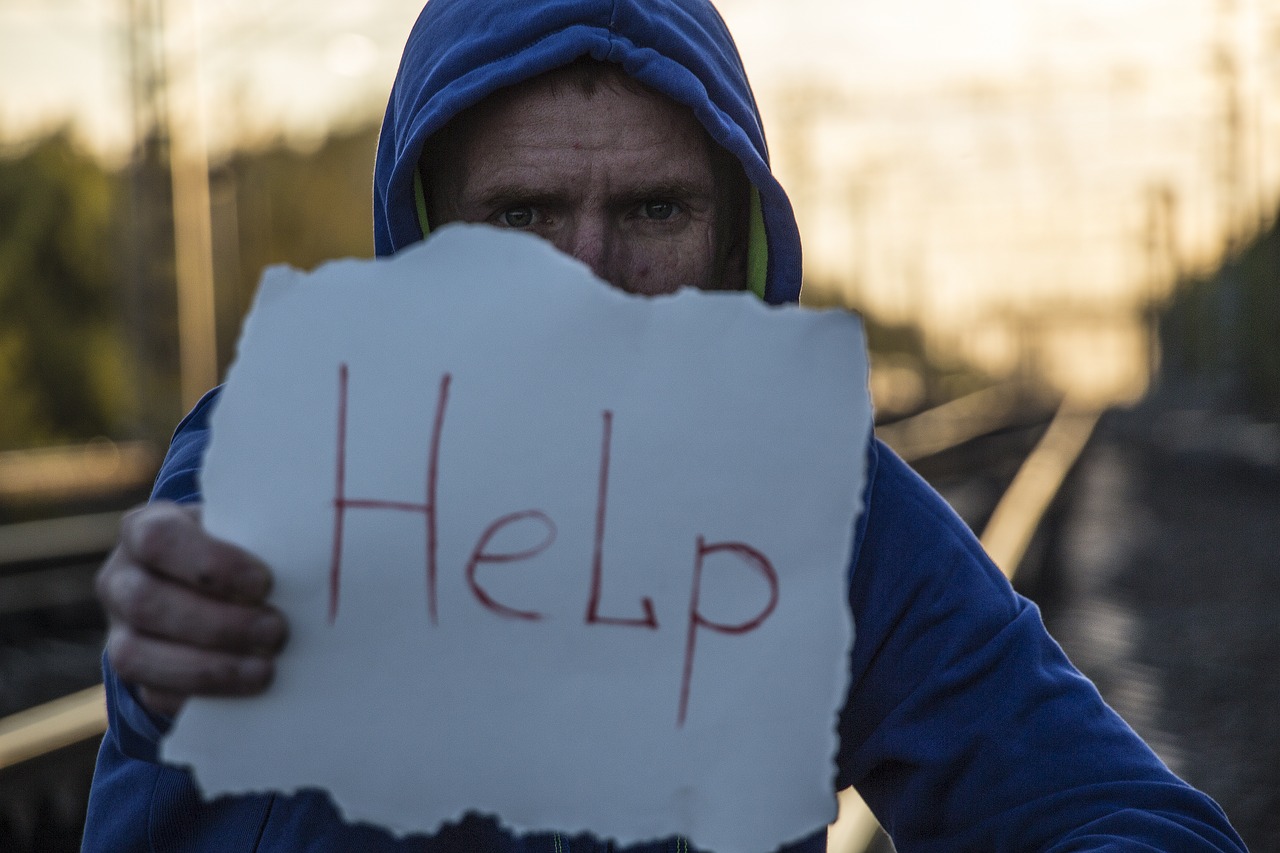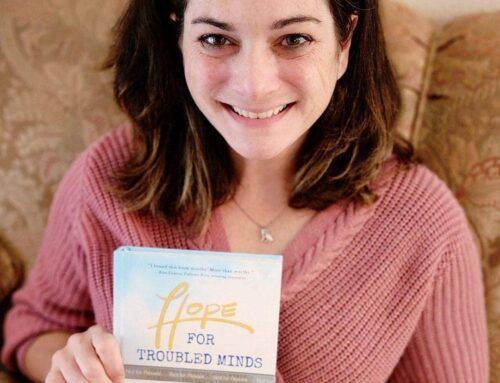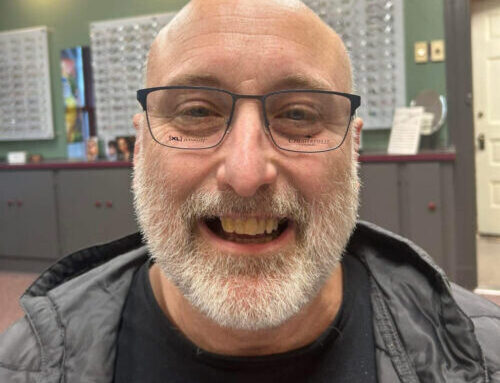I just received word today that a family member died by suicide. I didn’t personally know this young man, but each time I hear of someone who has suffered greatly and lost hope for this life, I feel sick to my stomach.
I didn’t used to feel this way. I used to feel angry. I used to believe suicide was a terrible act of cruelty against one’s self. I used to believe it was horribly selfish against one’s loved ones. I used to believe it was an ultimate act of ingratitude against God. I used to believe this. No more.
Suicide is not the unforgivable sin named in the Bible as “blasphemy against the Holy Spirit.” It is more a symptom of our human condition than a sinful action. It is far from a selfish act. Instead, it is more a desire to unburden loved ones of the suffering believed to be inflicted on them. Neither is it an act of cruelty against one’s self. In our dangerously disturbed minds, suicide seems to be a better option than life.
What might drive a person to take his own life? There are as many factors as there are persons who attempt suicide. In my case, it was a sudden spiritual attack prompted by a psychological disorder. I heard a voice that said, “It’s okay.” Rather than hearing this as an affirming word, I thought it was permission to end my life.
There are prevailing myths about suicide that create grave misunderstandings for those who are survivors of suicide. As persons of faith and advocates for those with mental illness, we need to staunchly oppose these five myths:
- Attempting suicide is not simply a way of getting undeserving attention.
- Suicide is not evidence that a particular loved one has failed us.
- Talking openly about suicide does not prompt others to attempt it.
- It is not shameful to have a family member who has attempted or died by suicide.
- Suicide does not kill faith.
In the article “Suicide, Stigma, and the Role of Religious Faith,” Matthew Stanford challenges the church to be more proactive. Stanford writes:
Mental health clinics are few and far between; many remain underutilized due to stigma. Churches, however, are everywhere and could provide support for millions of untreated Americans at little to no cost.
A good portion of social services in the U.S. are provided by Christian organizations, from assisting victims of human trafficking to helping homeless people. Mental health care needs to become a priority.
This is about helping people. If you follow any religious faith, caring for people is a core component of your journey. As a Christian, I follow the teachings of Christ, and he wanted the church to be a place for people who society considers marginalized. Many individuals living with the stigma of a mental health condition can certainly relate. It’s up to us to open our doors and our hearts to support them in living lives of wellness.
If you are suicidal, what can followers of Christ do to help you have hope?
If you are a suicide survivor, what can the church do to better care for you?
Discover more from Delight in Disorder
Subscribe to get the latest posts sent to your email.








